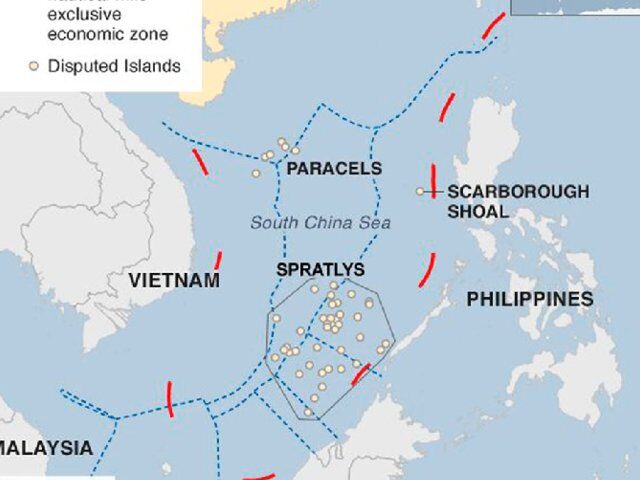Article 44 of the LOSC applies mutatis mutandis to archipelagic sea lanes passage. It follows that archipelagic States shall not hamper archipelagic sea lanes passage and shall give appropriate publicity to any danger to navigation or overflight within or over the strait of which they have knowledge. In addition to this, there shall be no suspension of archipelagic sea lanes passage..Rights and Obligations of an Archipelagic State in law of the sea, customary international law and LOSC, Archipelagic Sea Lanes Passage, archipelagic State, Article 44 of the LOSC
View More Rights and Obligations of an Archipelagic State in law of the sea, customary international law and LOSCTag: Archipelagic Sea Lanes Passage
The Right of Archipelagic Sea Lanes Passage based on law of the sea(and customary international law and LOSC)
The principal elements of the right of archipelagic sea lanes passage can be summarised:
(i) As with the right of transit passage, the right of archipelagic passage applies between one part of the high seas or an EEZ and another part of the high seas or an EEZ.
(ii) All ships and aircraft enjoy the right of archipelagic sea lanes passage in such sea lanes and air routes under Article 53(2). The right of archipelagic sea lanes passage contains the rights of overflight by aircraft. In common with the right of transit passage, foreign warships and military aircraft have the right of archipelagic sea lanes passage.
(iii) Like the right of transit passage, archipelagic sea lanes passage must be the exercise of the rights of navigation and overflight solely for the purpose of continuous, expeditious and unobstructed transit. The Right of Archipelagic Sea Lanes Passage based on law of the sea(and customary international law and LOSC), air routes, Archipelagic Sea Lanes Passage, archipelagic State, IMO, Marine Safety Committee, territorial sea


